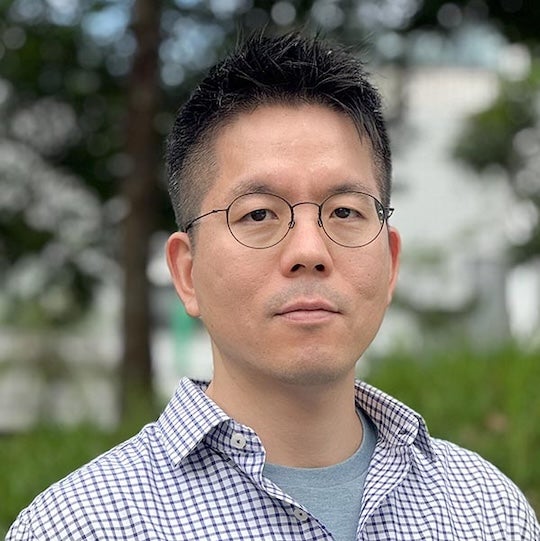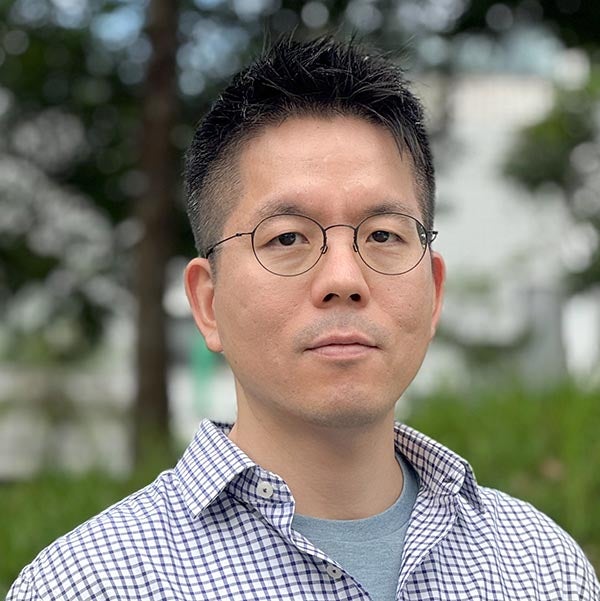Rice University’s Gyu-Boong Jo has been selected for the 2025 cohort of the Experimental Physics Investigators Initiative, which supports innovative midcareer researchers in experimental physics. The initiative provides funding for exploratory projects and promotes new collaborations.

Jo will receive $1.3 million over five years for his research, which involves studying open quantum systems. In these systems, interactions with the environment reveal new behaviors and opportunities for quantum technologies. His laboratory specializes in quantum simulation and computation, engineering synthetic systems, exploring quantum dynamics in synthetic matter and investigating ultracold quantum gases.
“I am deeply grateful for this generous support,” said Jo, a professor of physics and astronomy. “Receiving this award gives me the freedom to push my research into new territory. It opens doors to ambitious long-term missions in quantum simulation and computation that might otherwise remain beyond reach.”
Jo is one of 22 scientists selected this year. Beginning in 2022, the Gordon and Betty Moore Foundation has supported cohorts of promising mid-career researchers in experimental physics with Jo joining the previous three cohorts this fall.
“We are excited to see them join our existing cohorts of experimental physicists who are pushing the boundaries of our understanding of the universe,” said Theodore Hodapp, program director for the initiative.
Quantum systems coupled to the environment pose intriguing fundamental questions and offer potential avenues for quantum technologies to surpass classical limitations. These open systems present unique challenges since fundamental concepts, including topological phases and quantum dynamics, differ significantly from those in closed systems.
“Understanding these differences will allow scientists to develop a new way of engineering quantum systems with dissipation,” Jo said.
He and his colleagues will develop experimental platforms that extend quantum simulation beyond the conventional limits of closed systems by leveraging dissipation engineering. They will also examine how open quantum systems influence traditional concepts. The insights from this project will advance quantum technologies across simulation, computation and sensing platforms, Jo said.
“Neutral atoms offer unique advantages through their precise control of both coherent and dissipative dynamics via engineered atom-light interactions,” he said. “This award will enable us to build new collaborations throughout the Rice quantum community and with external institutions.”
Awardees are encouraged to create interdisciplinary training opportunities that connect fields such as atomic, molecular, optical and nuclear physics, thereby enriching both graduate and undergraduate education.
“To connect investigators and promote the discovery of new ideas and synergistic collaborations, we bring all cohorts together each year in a relaxed setting,” said Catherine Mader, program officer for the initiative.

